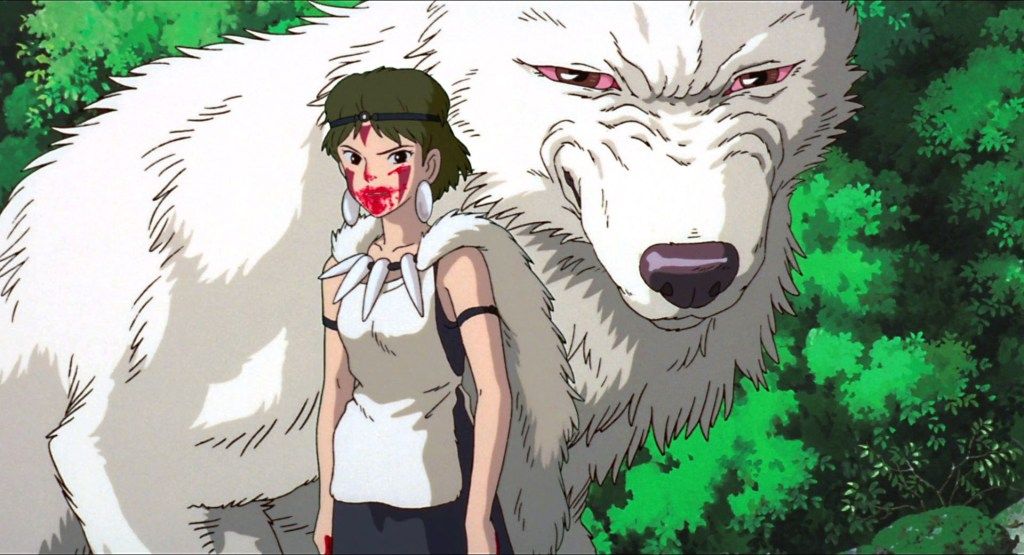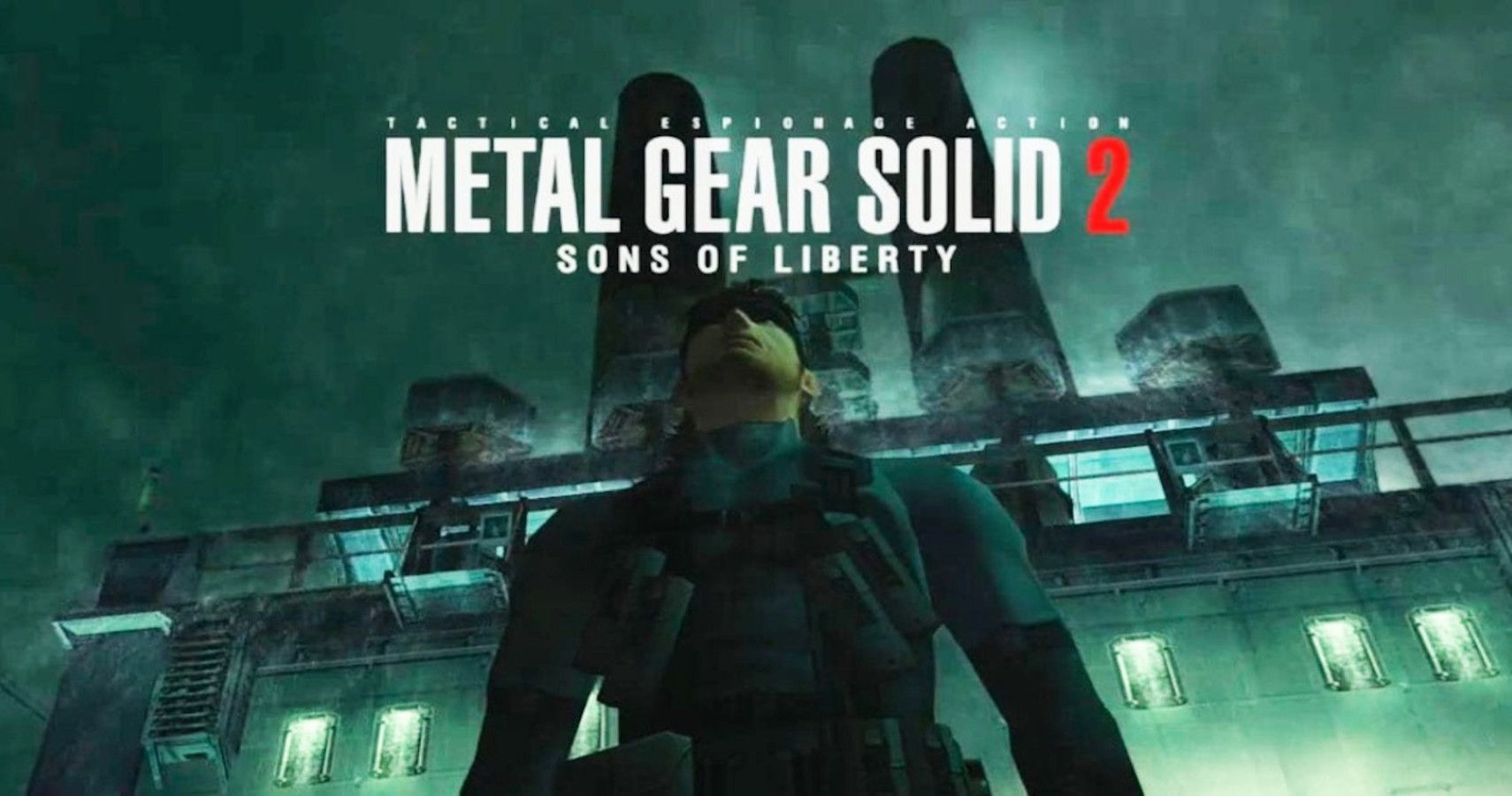The Last Guardian is my second-favourite game ever made – I’ve even got Trico tattooed on my forearm. I’ve got the Platinum trophy on PS4, which is remarkably difficult to achieve, and have completed the whole game around eight times. For some reason it never gets old for me, its focus centering on a magical odyssey that no other game has managed to capture before or since – the only two that come close are Ico and Shadow of the Colossus, which were spearheaded by the exact same creative director.
Fumito Ueda is the best game designer of all time. Sure, you’ve got your Kojimas and your Miyamotos, your Iwatas and your Sakurais. There’s Newell, Romero, Miyazaki, Tajiri, Spector, Taro, Kamiya, Nagoshi, and everyone in between. But nobody has ever managed to achieve what Ueda uniquely accomplishes with every single one of his games – that sweet solemnity of sombre silence, the pervasive loneliness that spills into a world and floods it before you even notice. Ueda’s games are tranquil and deeply defeating at times, but they’re also some of the most hearteningly optimistic games out there. They’re not happy for the sake of it, and there’s no real pressure to include artificial joy or respite – they’re just very human experiences built into expertly constructed worlds teeming with everything and nothing at the same time, where a pin drop could be louder than a lightning bolt and a siren less earsplitting than your own breath.
What I’m getting at is that, if I were the money man in charge of distributing film rights for creative endeavours at Studio Ghibli, Fumito Ueda would be at the top of my list of people to offer them to.
Originally late to the party with Ghibli, I’ve seen my fair share of the studio’s revered films over the last couple of years. While my favourite is still Princess Mononoke – imagine if Ueda got the rights to that! – I love everything from the fantastical innocence of My Neighbor Totoro to the hardboiled charm of Porco Rosso, the magical elegance of Spirited Away to… look, I’m not going to list every film here. Kiki’s Delivery Service, Howl’s Moving Castle, Laputa: Castle in the Sky… much like Fumito Ueda, everything Hayao Miyazaki touches is gold.
Ghibli films are generally a lot more colourful than Ueda games – they’re more animated, obviously, but not just because they’re literal animation. There are smiles and laughter, uproarious rows and lengthy set pieces tied to running or flying or flitting through pockets of air in a lightning quick fighter plane. But I think, at their core, they capture that same essence of an Ueda game in a very different way. They’re just as magical, just as mysterious, just as intentionally invested in the creation of a world with just enough exposition for it to be logically coherent, but so much left for interpretation that everyone who witnesses it does so in their own unique way.
To be more blunt, Trico is a character that is inherently Ghibli-esque, whether or not he was consciously designed to be. The boy who accompanies him, who grows up to become a man who never forgets him – his story could be told via Ghibli, a mundane existence coloured entirely by an extraordinary past that will inevitably make its way back to that same level of magic at some point in the future. Wander and Agro, Ico and Yorda… every Ueda character deserves to appear in Ghibli because these characters are made up of the same stuff despite inhabiting different – but, atmospherically, incredibly similar worlds.
There’s so much overlap between these two very distinct types of media that I can’t help dreaming about what would happen if they came together, clanging and clattering in silence as a new mode of loneliness and nihilistic optimism screams into existence. Whether it’s Ghibli via Ueda or Ueda via Ghibli is not too much of an issue – the two titans just need to work together in order to create their respective and shared masterwork.
Next: Disco Elysium’s Understated Ending Is The Point
- TheGamer Originals
- Sony
- Shadow Of The Colossus
- Studio Ghibli
- ps4
- the last guardian
- team ico
- fumito ueda
Cian Maher is the Lead Features Editor at TheGamer. He’s also had work published in The Guardian, The Washington Post, The Verge, Vice, Wired, and more. You can find him on Twitter @cianmaher0.
Source: Read Full Article

